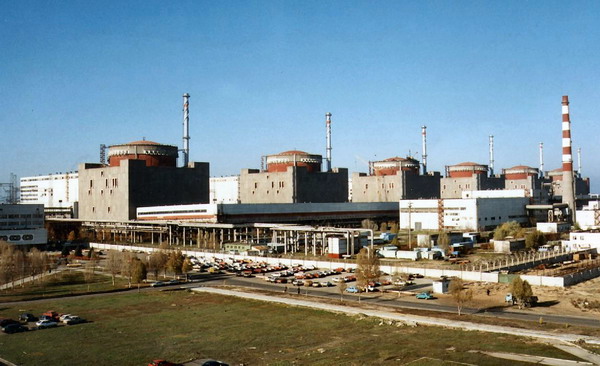
Status Report on the Zaporizhzhia Nuclear Power Plant
The Russians have stolen the largest nuclear power plant in Europe.
Nataliya Gumenyuk, with the help of Angelina Kariakina, Inna Zolotukhina, and Hanna Sylayeva, prepared a report for the Reckoning Project, which documents Russian warcrimes in Ukraine. [CW: The report contains descriptions of torture by the Russians of plant operators. I do not include any of that description in this post.]
The Russians have occupied the Zaporizhzhia Nuclear Power Plant since early in the war. They have militarized the plant, storing equipment there and having mined its perimeter. The six reactors are shut down, which lessens the potential for a meltdown, but the reactors and spent fuel pools must continue to be cooled with water. The destruction of the Kakhovka Dam destroyed the reservoir behind the dam, which was the plant’s main source of cooling water. Water is now being drawn from wells, but those wells are not sustainable.
The plant is being run with many fewer workers than in peacetime. Rosatom, the Russian nuclear energy organization, is on site. The plant was built during Soviet times, but it has been modified since then. Workers have been tortured by the Russian occupiers, and they are working under forced conditions.
The head of the International Atomic Energy Agency, Rafael Mariano Grossi, has been visiting the plant and recently met with Vladimir Putin and the head of Rosatom to try to achieve stability at the plant and transparency about what is happening there. He has been partially successful, but he will have to continue to pressure the Russians as long as they are occupying the plant.
The plant is relatively stable, but the continuing occupation and war in the area make that stability precarious. It’s one more of the atrocities Russia is inflicting on Ukraine.
Photo: The Zaporizhzhia Nuclear Power Plant in better days.
Cross-posted to Lawyers, Guns & Money







